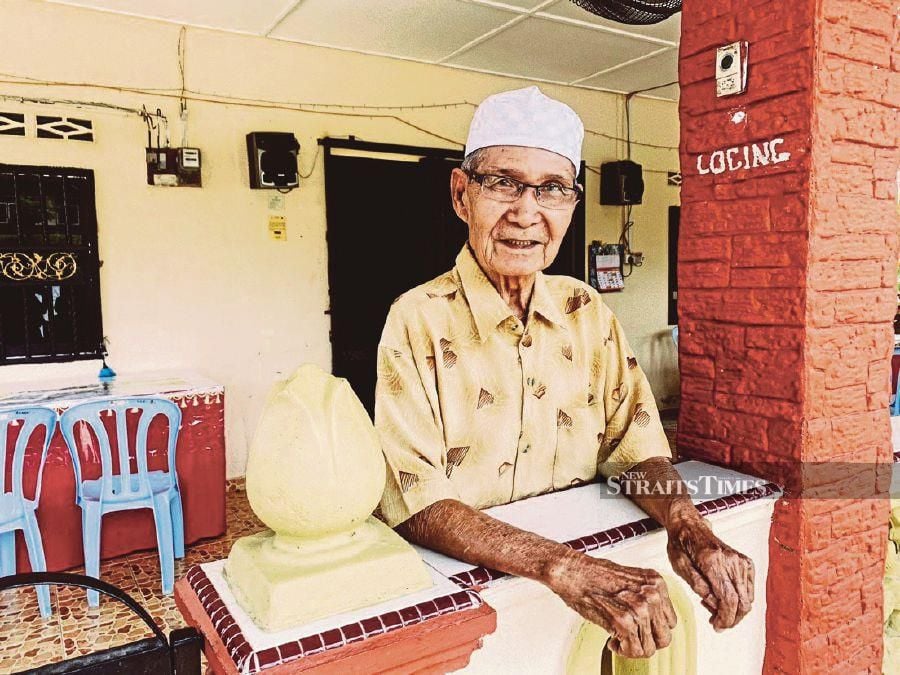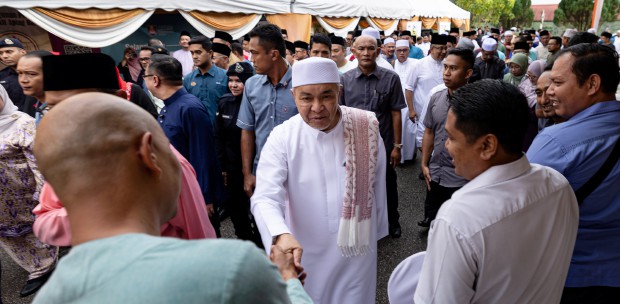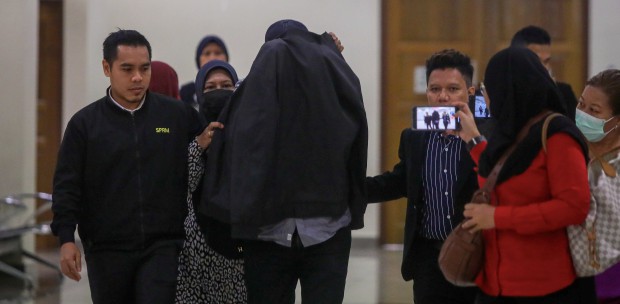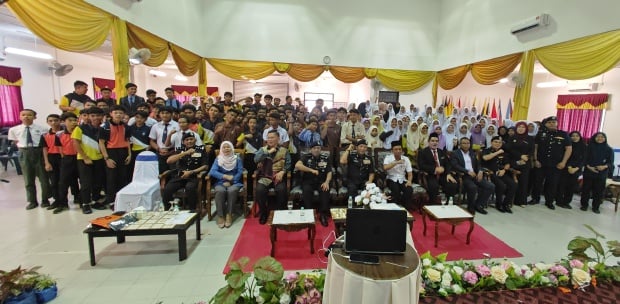BENTONG: Located 20km from Bentong, Pahang, Felda Lurah Bilut evokes a sense of pride. This is where 616 settlers took part in the country’s first Felda settlement programme in August 1959.
The Felda scheme involved resettling the rural poor to newly-developed areas and organising them into smallholder farms to grow cash crops.
As Felda Lurah Bilut celebrates its 60th anniversary, one of the early settlers, Adnan Raof, 81, remembers the day when he was presented with the opportunity to uplift his socio-economic status.
“I was 19 when I heard about this project by Felda,” Adnan, one of the oldest settlers who still calls Felda Lurah Bilut his home.
His firm handshake belied his age. This is the hand of a pioneering man who worked the land and gave it a sense of pride and purpose.
Lurah Bilut was nothing more than a virgin jungle when he arrived to start his new life.
“I was teaching in Kestari, Bentong, and I knew this was an opportunity of a lifetime that was too good to ignore.”
Adnan recalled that it didn’t take long for him to pack his belongings.
“I found my way here to check out the new settlement programme.
“It was a jungle, but slowly and surely, our efforts began to bear fruit. Now, look at how things have turned out,” he said, as he reminisced about his early life in the settlement.
Felda was set up on July 1, 1956, to curb poverty through land development and the resettlement of the poor.
Adnan said not long after his arrival, he and other settlers were briefed by a Felda officer about the pioneering project.
“The project would see us working together, clearing the jungles together, building houses together and then planting the commercial crop — rubber — together.
“Together, we cleared the jungle and made it livable. We built each other’s houses. There was a strong sense of belonging and community.”
During the interview, Adnan was accompanied by his wife, Kamiliah Asri, 64, who welcomed us into their home, treating us to Hari Raya cookies.
Adnan, who still cuts a commanding figure, occasionally excused himself during the interview to rest.
He said there were fewer than 20 people from the older generation of settlers like him who are around, although many of them are not in good health.
He described the early experience as life-changing.
“It was an amazing experience to be part of the early group of settlers. It was not easy at first. We thought it was an impossible task. But we persevered and worked hard together and proved to ourselves that nothing was impossible if we had each other’s back.”
The strong sense of camaraderie among the settlers was evident during the settlement’s formative years, a tradition that continued until today, generations later.
“We worked together as one. We did not belittle or criticise one another. We helped each other in the truest sense.
“The experience brought the settlers closer. Everyone had a stake in the dream.
“We became like a huge family, taking care of one another. Felda just provided the land, it was the settlers that made it livable.”
The experiences of settlers like Adnan in those early years had inspired the 2006 film Bilut, written by Tengku Adrian Ismail and directed by Badaruddin Azmi. It starred Datuk Rosyam Nor, Que Haidar, Lisdawati and Rusdi Ramli.
Adnan said there were many challenges faced by the pioneering batch.
“Besides wild animals, there were even communist threats in the jungles.
“I was attacked twice by communists. In one instance, I had a gun pointed at my head. Those were scary times for all of us.”
The settlers’ strong sense of perseverance, trust and kinship ensured that the community not only survived the harsh early years, but also prospered.
“This land is fertile. It was a gift from God and it was our responsibility to take that gift and do good with it for the sake of our families,” he said.
From his blood, sweat and tears as a settler, Adnan has raised six children. He has also been to Mecca 16 times.
“I am grateful that Felda has given so much to me and my family,” he said.
Now, he also relishes his role as a community elder as one of the ustaz (religious teachers) in the area.
“I have guided pilgrims to Mecca, married off the young people here and taught them to read the Quran. I am grateful for what I have contributed to the Felda community.”
Although his children live in cities, Adnan and Kamaliah had no plans to leave the family home.
“Our children asked us to go live with them many times, but I didn’t want to. Just look around... we have everything we need here. I have seen how this place changed from a jungle and mere dirt to become one of the country’s pride and joy. It has given us so much, so how can I leave this place?”
“We built Lurah Bilut with our bare hands. It is something that all of us take pride in.”
Adnan said he was grateful to the government and Felda for providing an economic platform for the poor to improve their lives.
“Felda has transformed many lives for the better. Regardless of how the country has changed, I hope Felda stays strong to its core values in helping to improve the lives of the poor.
“I have faith in God that Felda will not falter in its dedication to help the poor. Give more people the opportunity to improve their lives.
“If someone like me and my friends can clear the jungles and cherish the land, I am sure the future generations can also do it. Have faith in them and believe in others just as Felda believed in us.”





